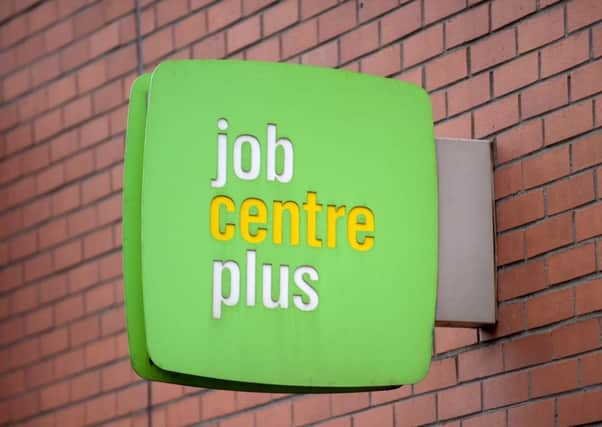Martin Flanagan: Too early to tell Brexit jobs impact
This article contains affiliate links. We may earn a small commission on items purchased through this article, but that does not affect our editorial judgement.


Key will be what happens to UK employment over the second half of 2016 and onwards, when the impact on business confidence and the wider economy of the EU referendum vote gradually become clearer.
To be fair, it was extremely unlikely there would be a kneejerk reaction with companies getting rid of staff immediately following the vote on 23 June. Staff bloodletting in the immediate aftermath would have looked both premature and vicious, and been a PR disaster.
Advertisement
Hide AdAdvertisement
Hide AdThe insidious risk is that as the UK economy slows, as is widely predicted, private firms will stay cautious on investment given the Brexit negotiations with the EU and that it will feed into the field of hiring.
As such, it was to be expected that despite yesterday’s positive numbers, everyone from the CBI employers’ body to the TUC is urging the government to announce major infrastructure programmes in the Autumn Statement to help underpin the economy and the prospects for employment.
For now, though, let’s be pleased employment reached a record high of just under 75 per cent in the three months to June – with 31.8 million people in work, 172,000 more than in the previous quarter.
Meanwhile, jobless rates of 4.9 per cent in the UK and 5.2 per cent in Scotland (which saw a fall of 26,000 in unemployed over the period) are clearly healthy, much better than the EU’s deep south. We are in an economic twilight zone at present, tentatively feeling our way. But the latest employment data is perhaps more reassuring than we might have hoped.
Looking up for Lookers
Car dealership Lookers – owner of Taggarts – has made its strategy clear: sell its parts business while focusing on the cars through organic growth and acquisitions. It seems to be paying off.
Halftime sales have jumped to a record £2.3 billion from £1.75bn at Lookers’s 150 dealerships in the UK and Ireland. Investors, with a 20 per cent rise in the divi, may feel they are driving through scenic country, with the window down and soothing music playing.
